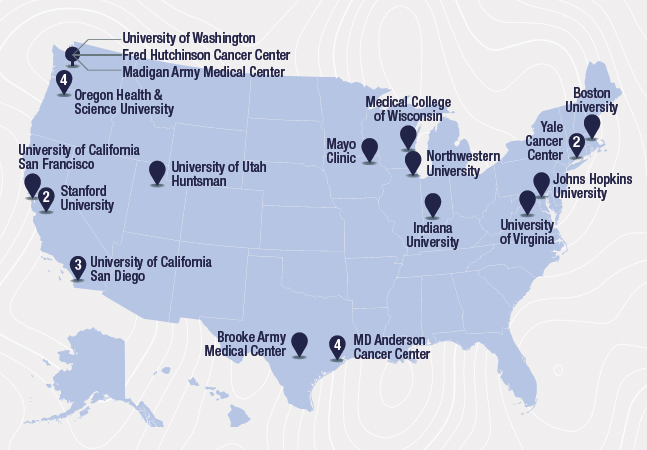FOR IMMEDIATE RELEASE
Oct. 11, 2019
BEND, Ore. – In a special presentation Wednesday, St. Charles Bend’s new patient tower will be named for Jim Lussier, whose 34-year career at St. Charles Health System culminated in his role as president and CEO from 1989 to 2004.
The James T. Lussier Patient Tower honors the leadership role Lussier played in growing St. Charles’ services, strengthening the health system’s relationship with the community and investing in caregivers.
“A lot of people have said Sister [Catherine Hellmann] had such vision, but her biggest trait was selecting an executive team that could carry out that vision, and that was Jim Lussier,” said Rick Martin, who worked with Lussier at St. Charles and retired as a vice president after a 38-year career with the organization. “[He] truly transformed the hospital from a community hospital to a regional medical center that brought so many services across the mountain so people wouldn’t have to travel for their health care.”
The presentation will also recognize the Tykeson Family Foundation, which provided a $1 million challenge grant to the St. Charles Foundation to help fund the project. The grant was not only an investment in the facility, but also inspired additional contributions from the community. Altogether, nearly 1,000 donors gave more than $5.3 million to help build the tower.
Opened in May, the three-level tower is located on the north end of the Bend campus and houses a 24-bed Intensive Care Unit, a 28-bed Progressive Care Unit and shell space for future development. The $66 million addition was critical in helping relieve some of the Bend hospital’s capacity challenges. Last year alone, the Intensive Care Unit (ICU) was forced to transfer nearly 100 patients to other facilities for care.
The Oct. 16 presentation will take place from 5:30 to 7 p.m. in St. Charles Bend conference rooms A, B, C and D. Refreshments will be served. Please RSVP to Michelle Solley at [email protected].
About St. Charles Health System
St. Charles Health System, Inc., headquartered in Bend, Ore., owns and operates St. Charles Bend, Madras, Prineville and Redmond. It also owns family care clinics in Bend, Madras, Prineville, Redmond, Sisters and La Pine. St. Charles is a private, not-for-profit Oregon corporation and is the largest employer in Central Oregon with more than 4,200 caregivers. In addition, there are more than 350 active medical staff members and nearly 200 visiting medical staff members who partner with the health system to provide a wide range of care and service to our communities.
###


